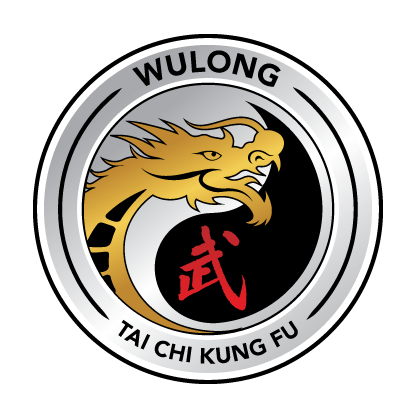Knee osteoarthritis (KOA), a prevalent chronic joint disease, is a degenerative condition of the knee resulting from cartilage wear and loss. KOA is characterised by intermittent weight-bearing pain, stiffness, swelling, and functional impairment, severely impacting quality of life (QoL). Individuals with KOA often suffer from depression and anxiety.
Tai Chi and Qigong have been recognised for their physical and psychological benefits, particularly for patients with KOA. Both are low-impact activities that integrate movement, breath control, and mental focus to promote mind-body coordination and health. They are known to enhance muscle strength, balance, flexibility, in addition to addressing KOA mechanical pain and functional issues. Their psychological benefits include anxiety and depression reduction.
A recent systematic review and network meta-analysis published in the Journal of Orthopaedic Surgery and Research demonstrated evidence that Tai Chi may be the most effective for improving quality of life and alleviating pain and enhancing physical function in KOA patients. Both Tai Chi and Qigong have also demonstrated favourable effects on fitness levels and control of type 2 diabetes mellitus.
Importantly, the researchers note that achieving KOA benefits requires professional instruction to execute the proper technique.
These findings provide important insights for clinical practice and may help clinicians guide their prescription of exercise types based on treatment outcomes.
Read the research here
https://doi.org/10.1186/s13018-025-05682-7
If you are looking for a taichi program to improve your knee oateoarthritis and quality of life, try a Wulong class today. Click here to see all our class locations and timings.

